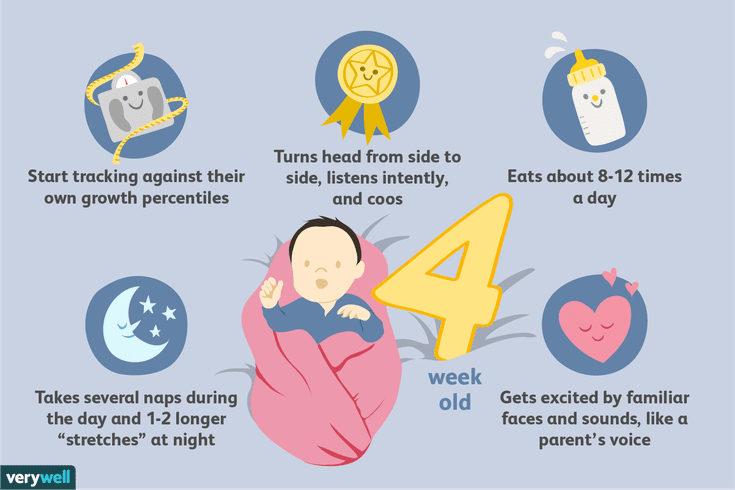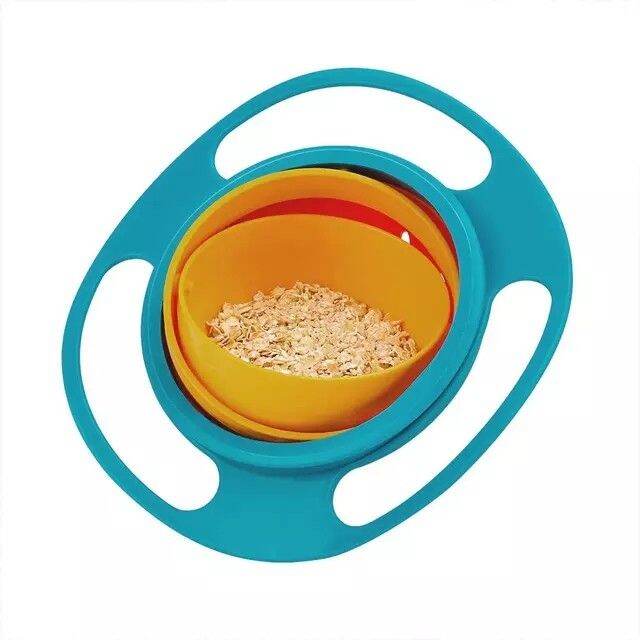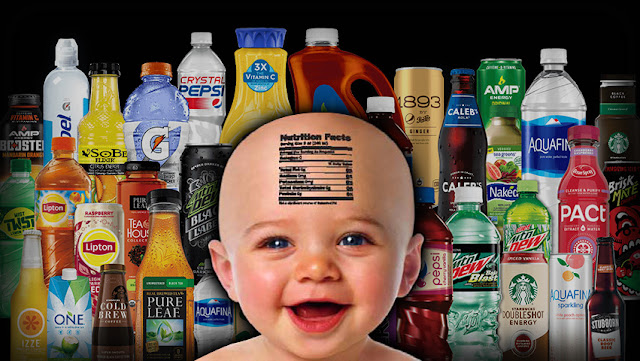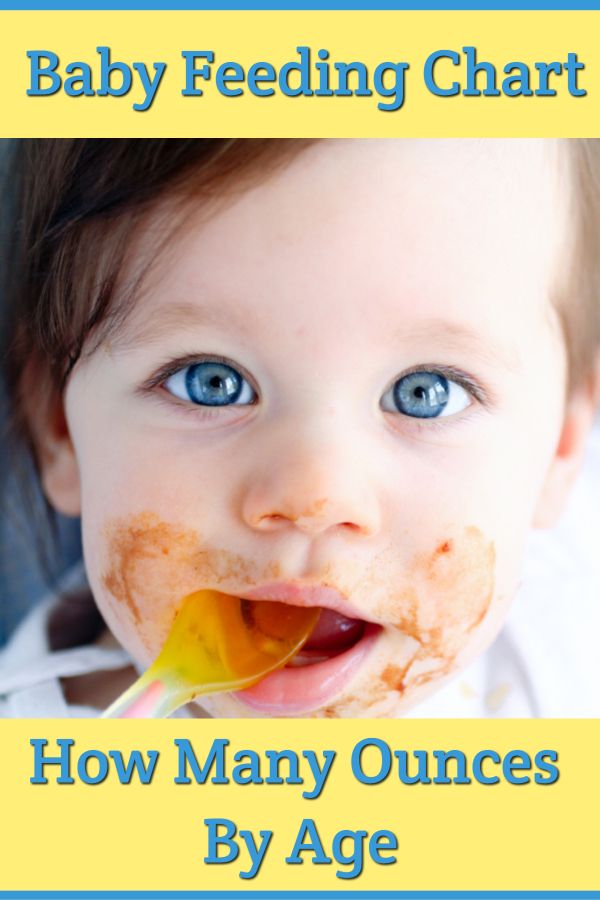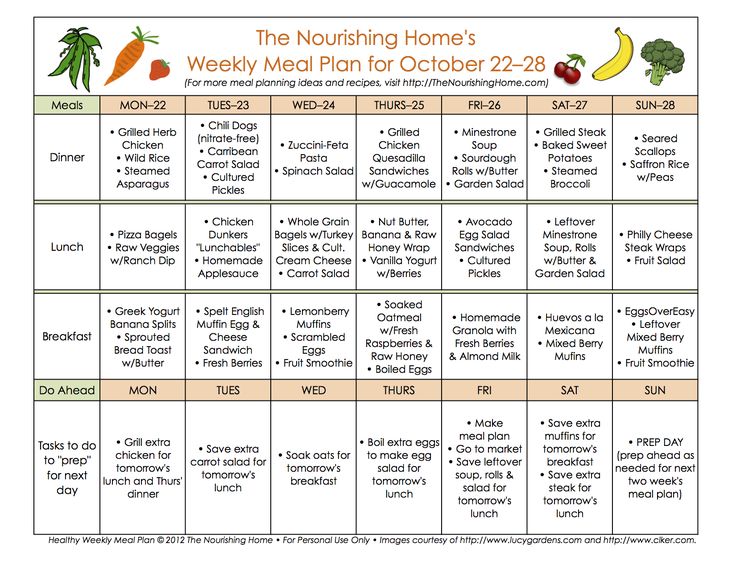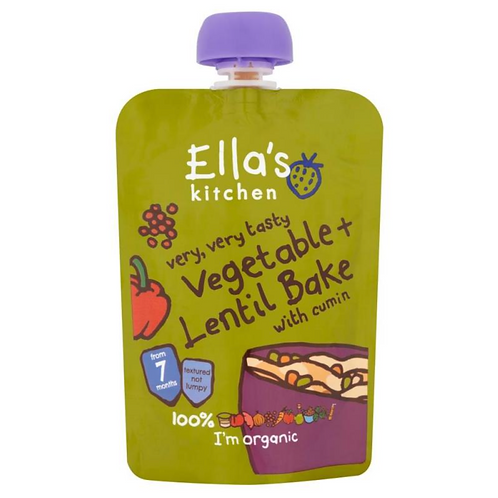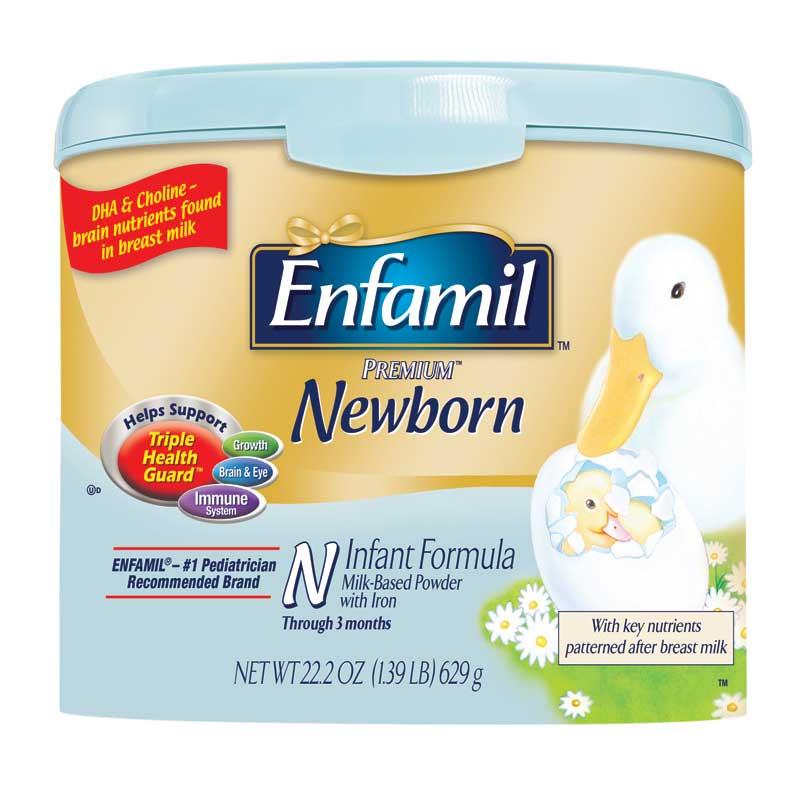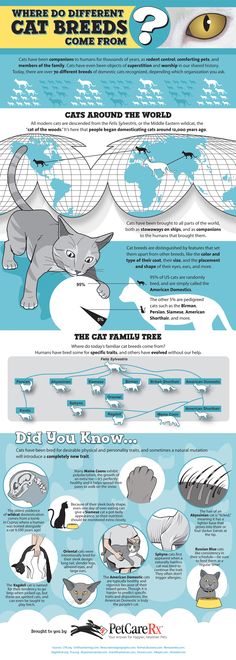9 month baby feeding at night
Nighttime Bottle Feedings - How Do I Wean My Nine-Month-Old?
A reader named Tiffany wrote in to ask about her nine-month-old’s nighttime bottle feedings:
“We cannot kick the night wakings of our nine-month old. Our daughter is obsessed with her bottle, whether hungry or not, and must have it when she wakes for comfort. How do I break an addiction like this?
The problem is that she will go from groggy and fussy to fully awake if we don’t give her one right away. So, more often than not, we just give her the bottle. But it’s getting wearisome to wake many times per night for this. Recently, she is waking four to five times.”
This is a pretty common problem, and the solution includes:
- Making a plan
- Preparing for sleep training with naps
- Having a good bedtime routine
- Set feeding times
- Using The Shuffle
A Common Problem
It’s actually very common for babies this age to use nursing or nighttime bottle feedings as a sleep crutch. As you’re saying, she really needs it whether she’s hungry or not. So, more than likely it’s the habit of needing to suck to sleep and back to sleep that creates the need for the bottle.
Make a Night Weaning Plan
First, you’re going to need to make a night weaning plan. Talk to your pediatrician and describe a typical three days of food and drink for your daughter. Tell him, “This is how much she eats and drinks during the 12-hour waking period. Given her age, weight and health, do you think that she needs to receive a nighttime bottle feeding?”
This will help you determine how many feedings she needs, if any, each night. You will probably have one or no nighttime bottle feedings. Then you can build that into your plan.
Prepare for Sleep Coaching With Good Naps
You always want to start sleep coaching at bedtime after a great day of naps. Even if it means rocking, holding, feeding her to sleep, or having her sleep in a stroller, do what works for you.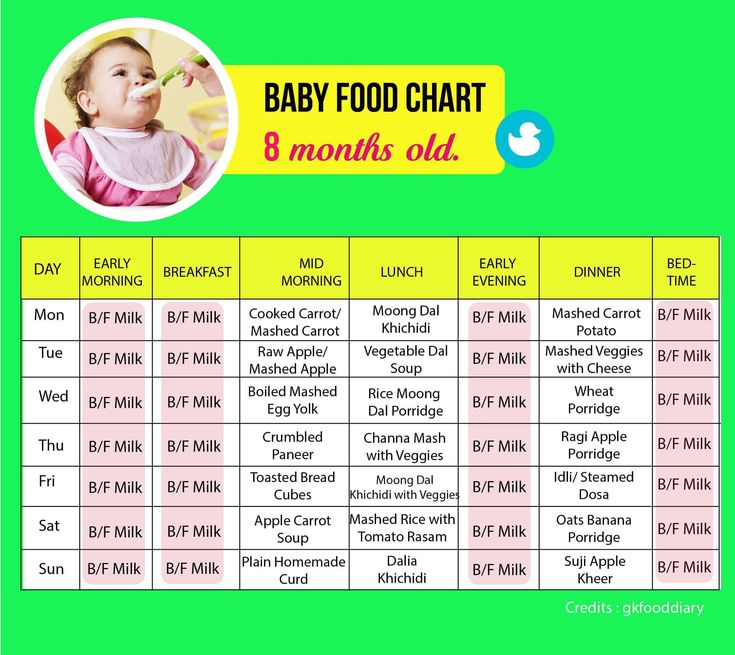 Make sure she gets about three hours of sleep combined over two naps on that first day. If the combined time of 3 hours has to be over three or four naps that is also okay in order for her to be well-rested for sleep coaching.
Make sure she gets about three hours of sleep combined over two naps on that first day. If the combined time of 3 hours has to be over three or four naps that is also okay in order for her to be well-rested for sleep coaching.
A Good Bedtime Plan
The really great, sweet-spot bedtime at her age is somewhere between 7 and 7:30 p.m.. You will make your way through the day and when you get to 7 or 7:30 she will be well rested, well fed, and not awake too long.
At bedtime you will go through a soothing bedtime routine. Feed her with a bottle, and if she seems really sleepy, then keep the light on so that she stays awake. Don’t allow her to go to sleep or get too drowsy. If you find that she starts to fall asleep while feeding, then I would even change her diaper. Make sure she is really awake and then give her kisses and put her into the crib. Pull the shade is down and turn off the light. Then sit next to her and start the sleep-coaching process.
Want to know more about putting your child to bed Drowsy But Awake?
Read: Drowsy But Awake — The Cornerstone of Successful Sleep Training
 Set a limit to nighttime bottle feedings so that they don’t associate the bottle with sleep.
Set a limit to nighttime bottle feedings so that they don’t associate the bottle with sleep.The Shuffle
When you do the Sleep Lady Shuffle you will sit next to her and stay with her until she’s asleep. Then you will do the same thing every time she wakes up, offering her physical and verbal reassurance each time. Then you’ll gradually move from her crib until you’re not sitting with her anymore, and she is falling asleep on her own.
Learn all about the Sleep Lady Shuffle:
Read: The Sleep Lady Shuffle: How to Gently Sleep Train your Baby
Work On Eliminating Nighttime Bottle Feedings
Once you have a weaning plan in place you will only give her nighttime bottle feedings at the designated weaning plan times. For example, if you wanted to wean her completely at night—and your doctor supports that—then you only want to go down to one feeding at first. You would have either a “set-time” feed or a dream feed.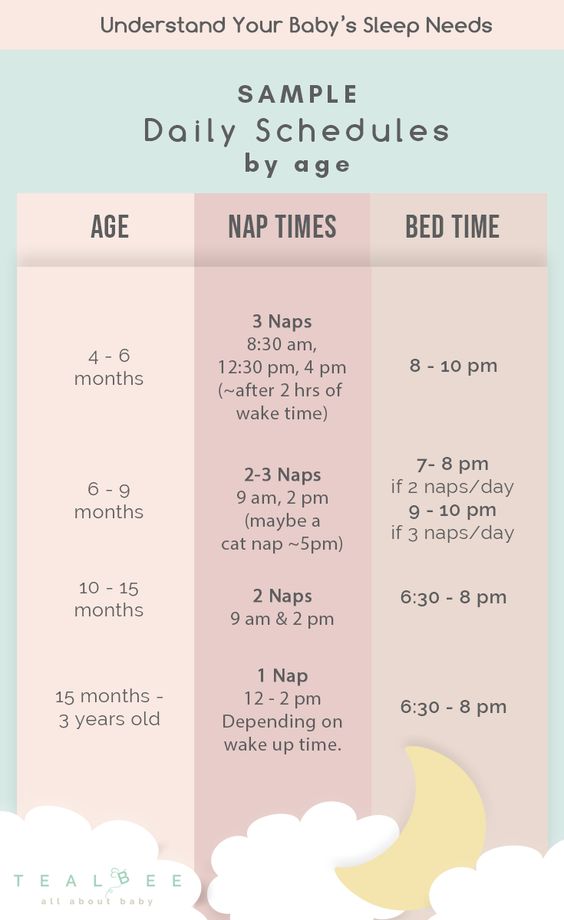 You feed her that one time for three nights and on the fourth night there is no feeding.
You feed her that one time for three nights and on the fourth night there is no feeding.
Over the first three nights you could also reduce the number of ounces in each bottle so that by the fourth night there are only a couple of ounces. Then you would do no feeding on that fourth night. Next, you would stay an extra night by her crib in case that’s a big change for her and she needs that reassurance. After that, you move out away from her crib every three nights.
Want to read more about night weaning?
Read: Night Weaning After Six Months: How to Gently End Night Feedings
You Can Do It!
Weaning from nighttime bottle feedings sounds simple, and yet there are many steps to it. Overall, this is how you’re going to address the problem so that she will learn how to go to sleep and stay there without using a bottle. Hopefully this helps you make a plan and stick to it!
Baby Night Feedings by Age - When To Night Wean
Last updated: by Nicole Johnson, Founder and Lead Sleep Consultant
A very common question we get is when a baby can go all night without a feeding.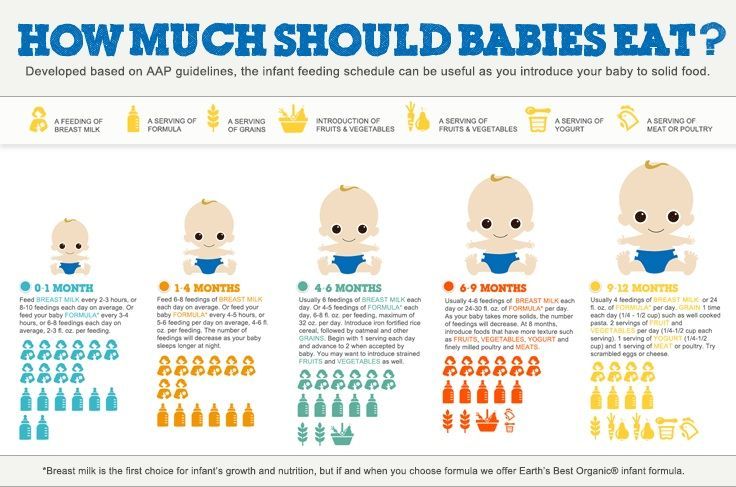 This article will outline general guidelines about how many night-feedings you can expect at each age for breastfeeding and formula-fed babies.
This article will outline general guidelines about how many night-feedings you can expect at each age for breastfeeding and formula-fed babies.
Night Weaning: What do the doctors say?
In my experience, pediatricians seem to disagree frequently with the answer to the question of when a baby can go all night without a feeding. Clients report various answers all the time. If you have read any of the sleep books, there is Dr. Ferber who claims babies don’t need to eat at night after 3 months old. And, then there is Weissbluth who says that babies need 1-2 feedings up through 9 months old. Who’s right? They are both pediatricians with a lot of experience. Talk to your pediatrician and the answer will likely be even something different.
Night Weaning: In My Professional Experience
I have been a baby sleep consultant since 2008. Although I do really like Dr. Ferber’s book and learned A LOT from it, I can not, in good conscience, regularly recommend night-weaning at 3 months old.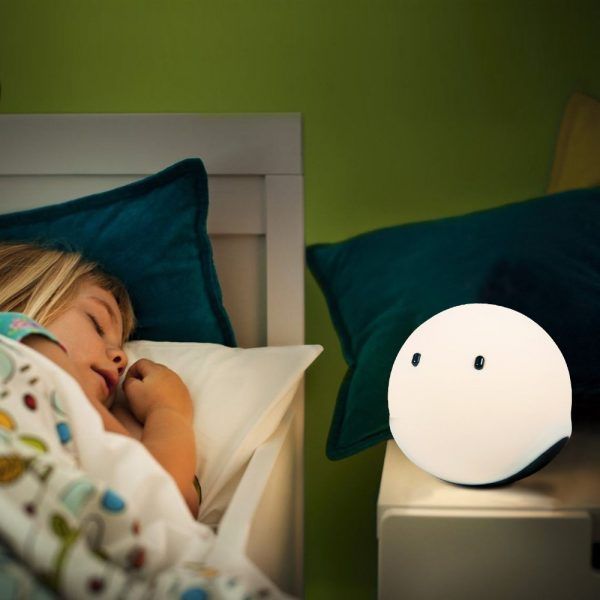 I think that is extreme to think that all babies can do that, particularly breastfed babies. Some parents are lucky enough that their baby does it on his own that young or younger, but many parents simply aren’t that lucky.
I think that is extreme to think that all babies can do that, particularly breastfed babies. Some parents are lucky enough that their baby does it on his own that young or younger, but many parents simply aren’t that lucky.
When I work with families personally, I am not an extremist and when it comes to hunger at night; I err on the side of caution. I know that it would be sooo much easier, for US, to not feed at night, but there are adults who can’t go 12 hours without eating, so I am not sure why we expect our babies to. I am all for breaking sleep associations and promoting healthy sleep for our babies, but I don’t recommend night-weaning until your baby is showing signs she is ready and that age varies by child. In addition, if you are breastfeeding, we have seen mom’s milk supply decrease rapidly and irrecoverably if she goes too long without feeding too soon.
Night Feedings By Age
Below are the number of feedings at night, at various ages, that are within “normal” range (in my experience) and don’t throw up a red flag that there is more going on than just a feeding:
Breastfeeding Babies, Combination Breastfed and Formula Fed Babies and/or Babies with Reflux
- Newborns to 3 months old: Feedings every 2-3 hours, on-demand
- 3-4 Months: 2-3 feedings per night or every 3-6 hours, on-demand
- 5-6 Months: 1-2 feedings
- 7-9 Months: 1, maybe 2, feedings
- 10-12 Months: Sometimes 1 feeding
- 12+ Months: Generally no feedings
Formula-Fed Babies
- Newborns to 3 months old: Feedings every 2-3 hours, on demand
- 3-4 Months: 1-2 feedings per night or every 3-6 hours, on demand
- 5-6 Months: 0-1 feedings
- 7+ Months: Generally no feedings
Obviously, growth spurts are an exception and you should feed as needed during those.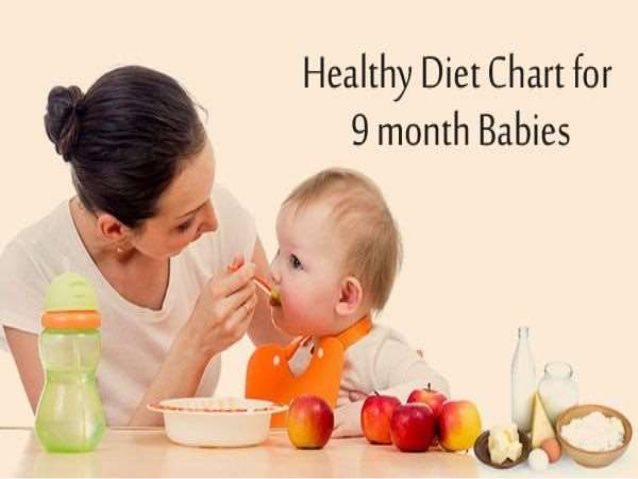 Growth spurts are generally over within a week.
Growth spurts are generally over within a week.
When to Night Wean
Now, I know that it can be difficult to tell when exactly your unique baby is ready for night weaning. That’s why I created a night weaning quiz, Is Your Baby Ready For Night Weaning? It’s very short – just 5 questions – and easy to take, so if you’re struggling with whether or not your baby is ready for night weaning, I suggest you take this quiz. The response you get will help you determine whether not you should move forward with night weaning, or whether or not you need to wait a bit and try night-weaning later.
In general, a baby needs to be able to consume all of their calories in the daytime in order to be night-weaned. This typically happens around 4-6 months old for formula-fed babies and around 6-10 months for breastfed babies. And, there are ways to know when night feedings are necessary.
I typically recommend at least an attempt at night-weaning by 8-9 months old (or sooner if you feel your baby is ready), because at some point, sometimes it is a chicken and egg problem.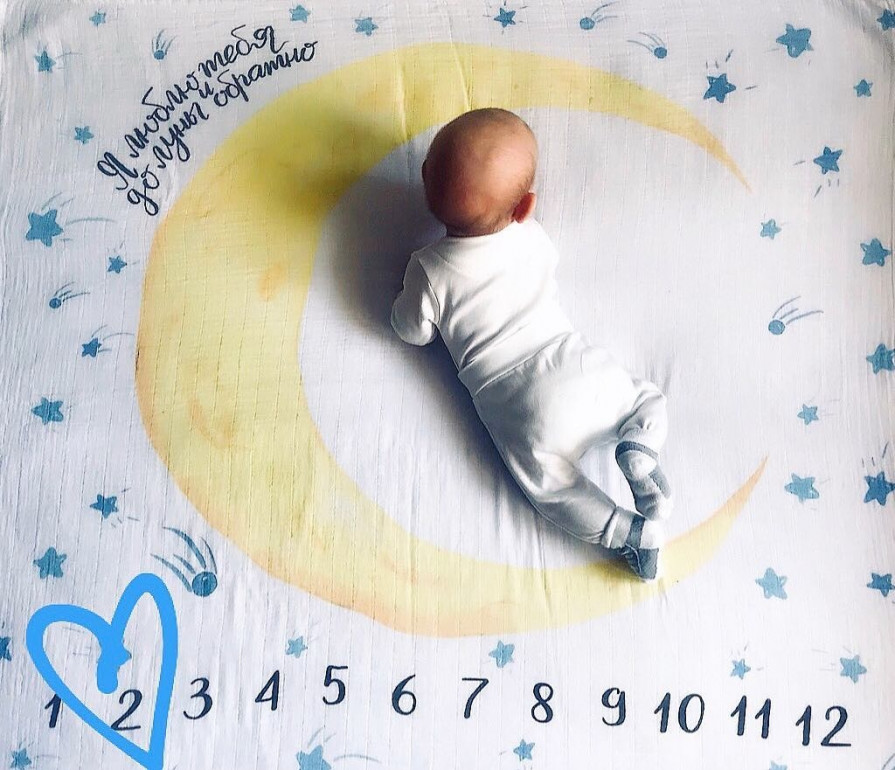 A baby needs a certain number of calories during the day and if he gets some at night, he won’t eat more during the day and if he doesn’t eat more during the day, he needs it at night. So, sometimes, a baby really does feel hungry at night, but it doesn’t mean he can’t go all night without a feeding. It simply means he needs to adjust how much he’s eating during the day. The idea is to help him do this.
A baby needs a certain number of calories during the day and if he gets some at night, he won’t eat more during the day and if he doesn’t eat more during the day, he needs it at night. So, sometimes, a baby really does feel hungry at night, but it doesn’t mean he can’t go all night without a feeding. It simply means he needs to adjust how much he’s eating during the day. The idea is to help him do this.
My Night-Weaning Story
I was a breastfeeding mom for the first year. I personally tried to night-wean around 9 months, but with both my boys, they did continue to eat at night up through a year and I weaned to cow’s milk (not sure if it was age or weaning from breastfeeding, though). They did, however, sleep better after I nudged them in the right direction, so I was glad I at least tried. When I attempted night-weaning my first son, he went from randomly waking at different times a night to waking around 5 AM just 4 times a week, which was a GREAT improvement!
Already Tried Night-Weaning and It’s Not Working?
If you’ve already tried night-weaning and it’s not working, there are several reasons this might be the case.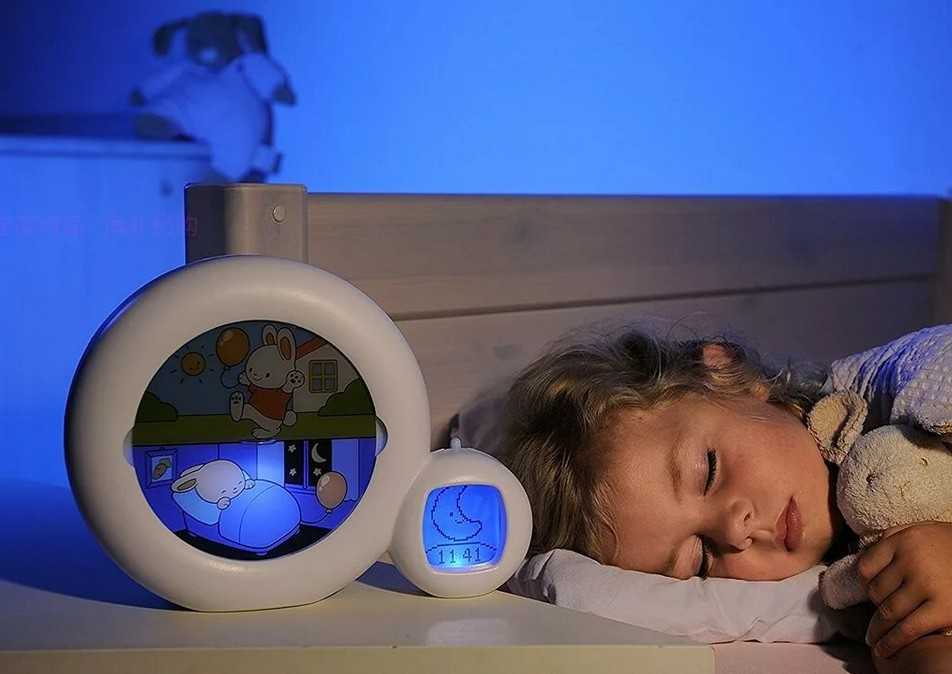 Be sure to review 7 Reasons Night-Weaning Isn’t Working.
Be sure to review 7 Reasons Night-Weaning Isn’t Working.
More Help With Night-Weaning
For more guidance on night-weaning, check out our special members-only resources in our VIP Members Area:
- Example Night-Weaning Plans
- Mini Action Plan for Night-Weaning (your MAP™)
- The Members-Only Day-By-Day Co-Sleeping Transition Plan
- How Fixed and Fluid Feeding Schedules Can Help You Night Wean
- The 3-Step System to Help Your Baby Sleep e-book
- Chat live with a sleep consultant
The Baby Sleep Site® is a participant in the Amazon Services LLC Associates Program and other product affiliate programs.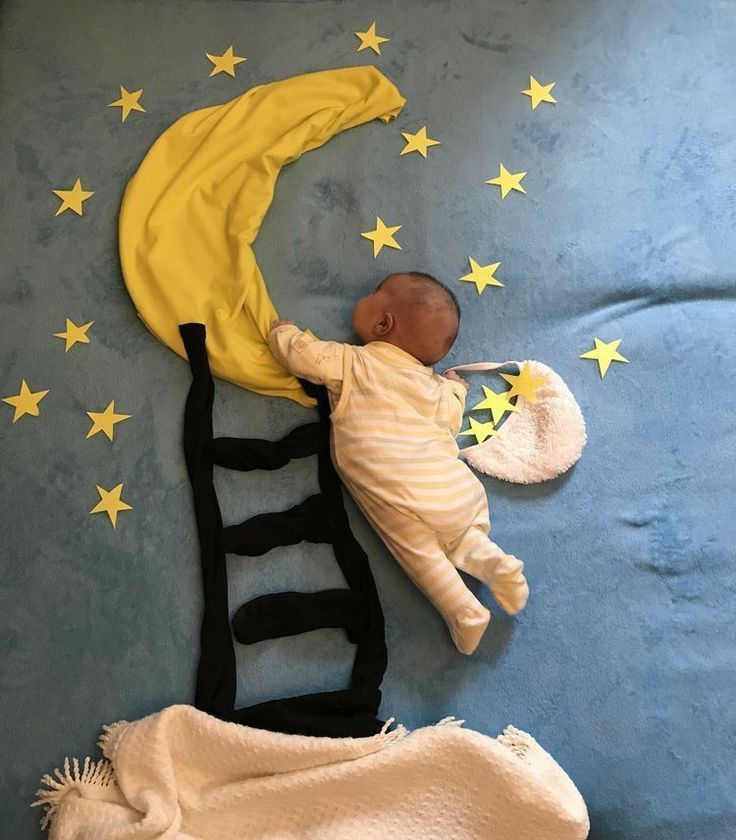 If you click on a product link and make a purchase, The Baby Sleep Site® may (but not always) receive a small commission from the company selling the product, but will not affect your purchase price. We only recommend products that we believe are quality products and are good for our readers.
If you click on a product link and make a purchase, The Baby Sleep Site® may (but not always) receive a small commission from the company selling the product, but will not affect your purchase price. We only recommend products that we believe are quality products and are good for our readers.
Holistic Sleep Solutions from The Baby Sleep Site
®Do-It-Yourself: Just getting started with your research but you want to stop Googling? Choose from any of our e-Book bundles for practical advice you can put to use TODAY!
Do-It-Mostly-Yourself: Would you like to continue learning with the option of chatting with a sleep consultant? We have a perfect solution! Become a VIP Member for access to all of our premium content, “ask the author,” audio courses, live weekly chat, and more!
Work With a Sleep Expert: Tap into over a decade of experience with thousands of families before you! Get a Personalized Sleep Plan® just for your unique situation, get guidance and answers to all your “what if?” questions while you work through your plan, and benefit from expert support along the way.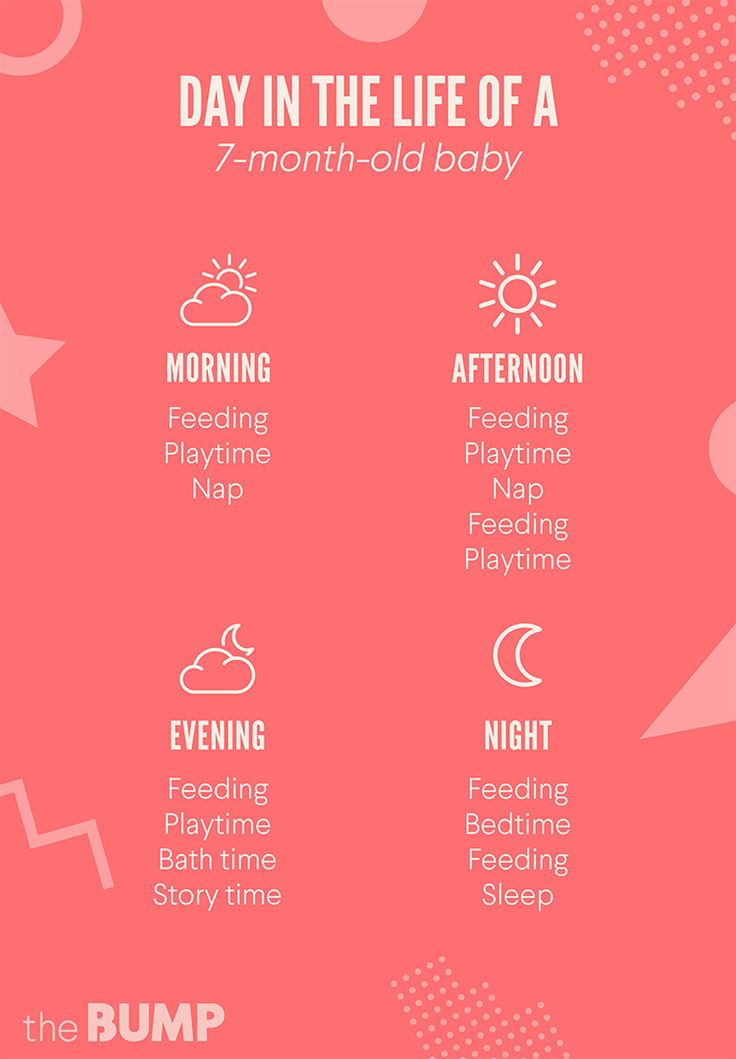 We can’t tell you how many times we’ve heard “I wish I had done this sooner!” Not sure? Read these stories from well-rested parents.
We can’t tell you how many times we’ve heard “I wish I had done this sooner!” Not sure? Read these stories from well-rested parents.
Don’t lose another wink of sleep — GET STARTED TODAY with our gentler, kinder approach to healthy sleep!
Since starting in 2008, we’ve gained over 10,000 comments on our blog!
At this time, we’ve turned the comment sections off. We would, of course, love to hear from you! For help with your specific sleep problems, please learn more about our DIY resources or our sleep consultation services. Or, consider emailing us for a fast and helpful response!
FREE Guide: Five Ways To Help Your Child Sleep Through the Night
Join over 450,000 parents around the world & sign up today to receive the guide and our Baby Sleep Newsletter absolutely FREE!
Download FREE Guide Today!
Up to what age to feed the baby at night and how to replace formula
Infant formula is only a necessary replacement for mother's milk in the absence of sufficient lactation or underweight in the infant.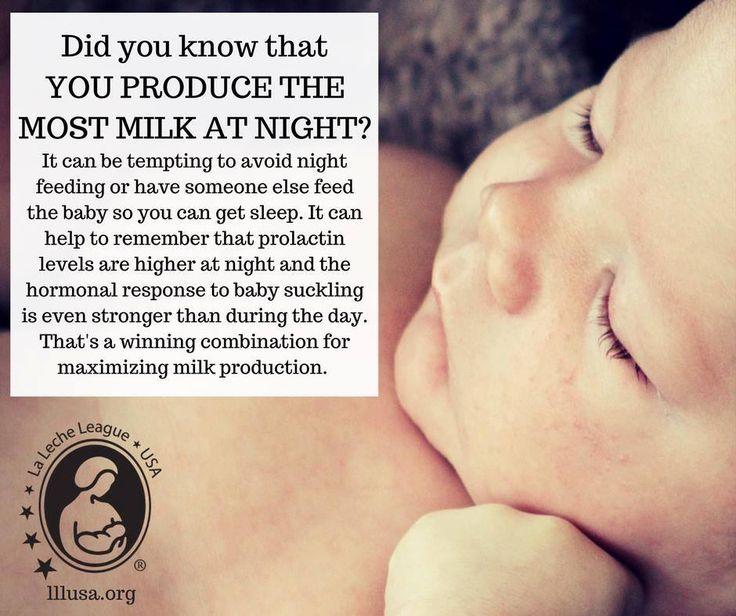 In all other respects, the infant formula feeding algorithm remains the same as with breastfeeding. The baby also needs nightly feedings about every 3-4 hours. This is due to scientifically proven facts. Babies up to a year old have an accelerated metabolism, food is digested faster, and naturally, they experience hunger at night. Also, any anxiety of the baby at night forces him to demand his mother's participation, and of course - food as a sedative. There is even a theory that children are genetically woken up to eat to avoid "Sudden Infant Death Syndrome" in their sleep.
In all other respects, the infant formula feeding algorithm remains the same as with breastfeeding. The baby also needs nightly feedings about every 3-4 hours. This is due to scientifically proven facts. Babies up to a year old have an accelerated metabolism, food is digested faster, and naturally, they experience hunger at night. Also, any anxiety of the baby at night forces him to demand his mother's participation, and of course - food as a sedative. There is even a theory that children are genetically woken up to eat to avoid "Sudden Infant Death Syndrome" in their sleep.
But also can't it continue indefinitely? The child grows, develops actively, from the age of 6 months receives a variety of complementary foods, and over time should form a normal daily routine. And for this you need to figure out: how to wean a child at night to eat the mixture in the most gentle ways.
Up to what age to give the mixture at night
Experts differ on this issue, but the average age when you can do without night feedings is nevertheless deduced. Infants with normal development can sleep peacefully at night without formula 10-12 hours from 9-12 months. Of course, if parents do not consider it necessary to restrict their child in nutrition, they can safely continue to feed their child at night and beyond. But they must be aware that, firstly, over time, these periods of eating become just a habit for the baby. And secondly, mothers should also think about their own well-being after sleepless nights. So, the approximate age of weaning a child from night feedings has been determined, it remains to find out how to replace the mixture for the night after a year for the first time of the transition to a new regimen.
Infants with normal development can sleep peacefully at night without formula 10-12 hours from 9-12 months. Of course, if parents do not consider it necessary to restrict their child in nutrition, they can safely continue to feed their child at night and beyond. But they must be aware that, firstly, over time, these periods of eating become just a habit for the baby. And secondly, mothers should also think about their own well-being after sleepless nights. So, the approximate age of weaning a child from night feedings has been determined, it remains to find out how to replace the mixture for the night after a year for the first time of the transition to a new regimen.
Night formula alternative
Formula feeding formula is extremely nutritious and delicious for your baby. Therefore, the nightly replacement should be unequal, so that the baby subsequently feels that he does not need to wake up for such food. For these reasons, many mothers, thinking about how to replace the mixture for the night, use not the best products.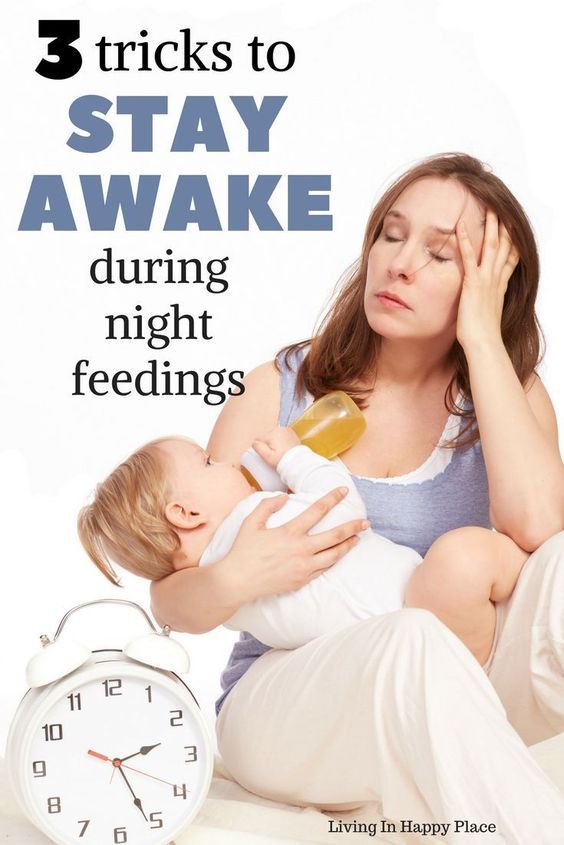 It is strongly not recommended to use compotes or juices, because the ultimate goal is a complete and painless rejection of night food. In addition, fruit drinking can cause flatulence and abdominal pain - not the most favorable factors for restful sleep.
It is strongly not recommended to use compotes or juices, because the ultimate goal is a complete and painless rejection of night food. In addition, fruit drinking can cause flatulence and abdominal pain - not the most favorable factors for restful sleep.
It is better to replace the traditional food at first with a well-diluted mixture, and then with clean water. At the same time, you need to try to slightly shift the period of falling asleep and provide the child with peace and a hearty dinner before going to bed. During the gradual transition to a new way of life, it is not necessary to immediately offer a diluted mixture to the awakened baby at night, it is better to try to calm him down in a different way - caress, rock him. And since night meals a priori will cease to be delicious food, the child himself will gradually forget about it, but the wise human body will be rebuilt anyway.
90,000 night feeding to what age - how much to wean a child from night feeding 29.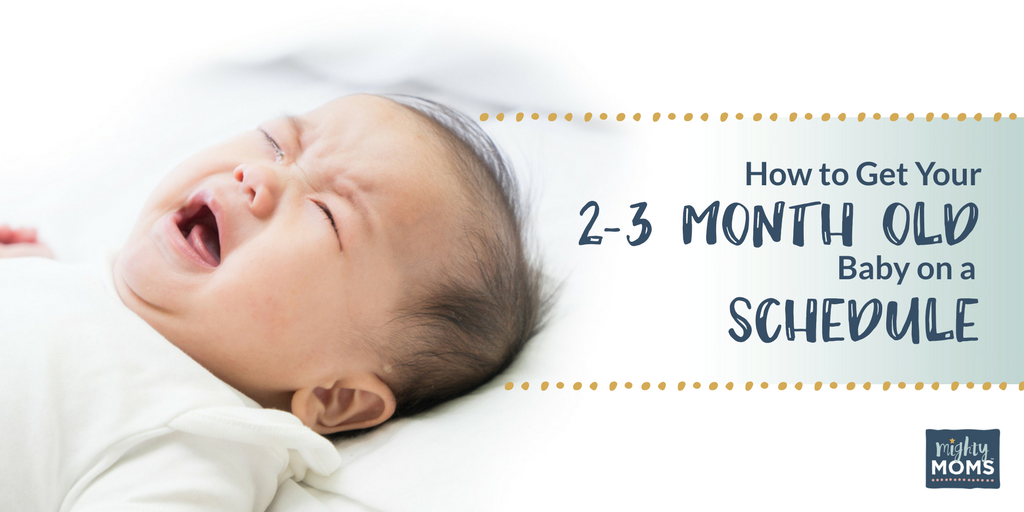 10.2016
10.2016
404149
414
Feeding and sleep
9000 --18 monthsArticle
Babysleep
team The BabySleep Team
Sleep Counselors, Physicians, Psychologists, Breastfeeding Counselors
Everyone knows that frequent nighttime awakenings when a newborn needs to be comforted or fed is a natural part of motherhood. How pleasant it is to hug a child in the silence of the night and attach it to your chest! But one day there comes a moment when the uninterrupted sleep of the baby and mother becomes more important than nightly breastfeeding.
Child crisis calendar
Night feeds: until what age?
Many parents are interested in night feedings: until what age should they be kept? When should a child be weaned from night feeding? In this article, we present the opinion of our American colleagues on breastfeeding. Their recommendations may need tweaking, but it's certainly an interesting take on the issue.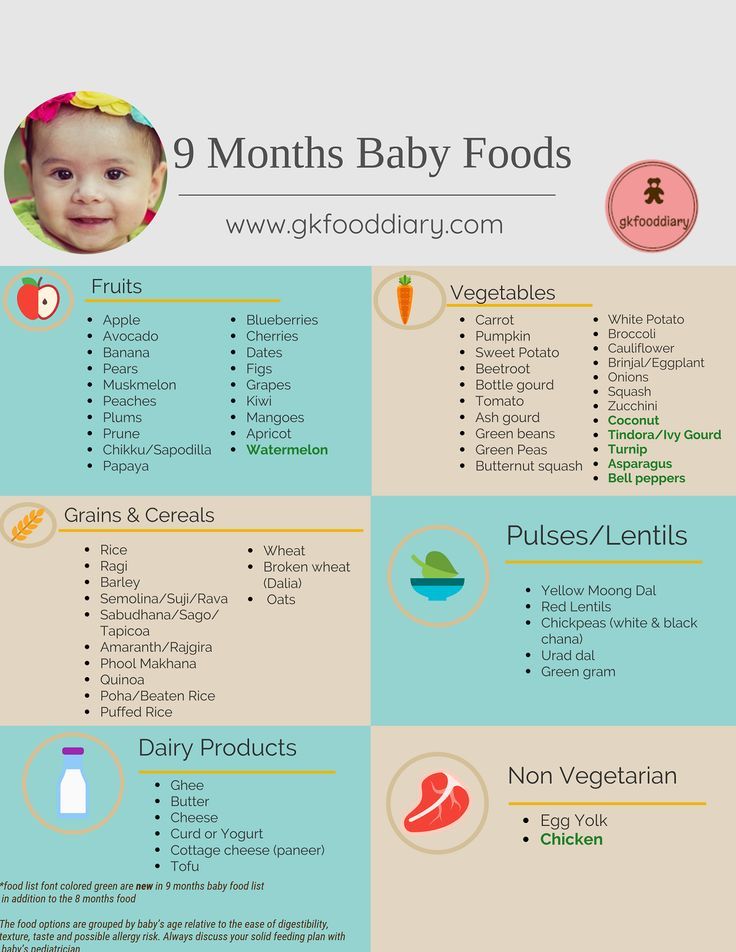
BabySleep considers it necessary to emphasize that reducing nighttime feedings at any age does not in any way mean a complete rejection of breastfeeding, unless the mother has such an intention. This is just a reduction in the number of attachments to the chest during a night's sleep. The mother can still continue breastfeeding even if the number of nightly feedings is reduced.
It is also important to remember that breastfeeding is not only a process of satiating the child, but also a time of physical and emotional closeness between mother and baby. In some situations, this factor is of paramount importance and it is not worth reducing the number of feedings.
What do doctors say?
Many children continue to wake up for night feedings from one to several times a night, although, due to their age, they are already able to sleep for a long period of time without waking up. The reason is that they are used to getting calories at night. Very often, nighttime awakenings and the need to breastfeed in order to fall asleep again are caused by an association with falling asleep. This means that when you wake up at the end of your sleep cycle (every 40–90 minutes), the baby simply cannot fall asleep again without sucking, even if at that moment he is not hungry. Some children only need to take a few sips to calm down, and someone eats, consuming calories that the body does not need at that moment.
Very often, nighttime awakenings and the need to breastfeed in order to fall asleep again are caused by an association with falling asleep. This means that when you wake up at the end of your sleep cycle (every 40–90 minutes), the baby simply cannot fall asleep again without sucking, even if at that moment he is not hungry. Some children only need to take a few sips to calm down, and someone eats, consuming calories that the body does not need at that moment.
When the baby wakes up to satisfy his hunger, he actively sucks and swallows for at least 5 minutes or drinks more than 60 ml. milk from a bottle. If there is an association to fall asleep, or if the baby needs to breastfeed to calm down, the baby sucks out only a little milk. If the baby is really hungry at night, it is not recommended to drastically reduce the number of nightly feedings. If the child is hungry, he must be fed!
How many nightly feeds does a child need?
Before cutting down on a baby's nighttime feedings, the mother should make sure that the baby is ready for it and that her expectations are realistic.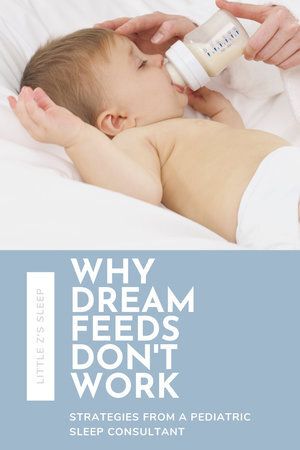 If there are no problems with lactation, the baby is healthy, calm, eats well during the day and is gaining weight, you can simply use the table as a guide, which indicates the number of nightly feedings recommended by American baby sleep experts.
If there are no problems with lactation, the baby is healthy, calm, eats well during the day and is gaining weight, you can simply use the table as a guide, which indicates the number of nightly feedings recommended by American baby sleep experts.
Talk to your doctor before starting to cut down on nightly breastfeeding. It is also important to consider the age of the child depending on the EDD (estimated date of birth). If the baby eats at night more often than indicated in the table, but sleeps well, and it suits you, there is no problem. If your baby is eating less often, but your pediatrician is happy with how he is growing and gaining weight, you are doing great too!
The recommendations in this article are for those mothers who are worried about the fragmented sleep of the child due to the fact that the baby often eats at night.
Until what age to continue night feeding?
Children's nutritional needs differ, but you can focus on the average data from the table:
When should a child be weaned from night feedings?
A child's readiness to reduce nighttime feedings can be tested by answering the following questions:
- Is your baby 6 months old or older and eating solid foods well?
- Was the baby born at term with a normal weight?
- Does the baby need night feedings, rather to calm down than to satisfy the feeling of hunger (applications are very short)?
- Feeding for a baby is an association for falling asleep, does he not know how to calm down and fall asleep himself during daytime and nighttime dreams, does he often wake up at night?
- Is co-sleeping a forced measure for you because of the association for the baby to fall asleep (see paragraph 4)?
- Do all family members lack sleep and feel constantly tired (as a result of points 4 and 5)?
- Are night feedings erratic (time and number of awakenings vary each night)?
- Does your child eat more at night than during the day?
- In the past, has the baby been able to sleep for three or more days in a row for long periods of time without feeding, or with one feeding between 22:00 and 24:00 (not during illness, etc.
 )?
)? - Does the baby eat once a night - at 3-4 in the morning - and constantly refuses morning feeding?
If the majority of answers are yes, this shows the child's readiness to reduce the number of nightly attachments.
Reduction of night feedings. Where to begin?
If you can't tell exactly what time and how long your child eats at night, watch him for 2-3 nights. When you see patterns in nightly breastfeeding, you can draw up a work plan and gradually wean the baby from breastfeeding.
- Start with feedings in the first hours of sleep, when the baby has not yet had time to get hungry.
- If nighttime breastfeeding is associated with falling asleep for your baby, separate breastfeeding from the process of falling asleep—feeding before bed to soothe and relax, and then falling asleep without suckling.
- Reduce the time your baby spends at the breast at night, or reduce the amount of milk in the bottle.
